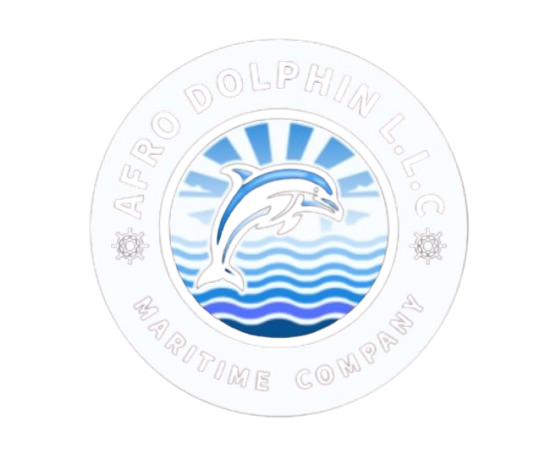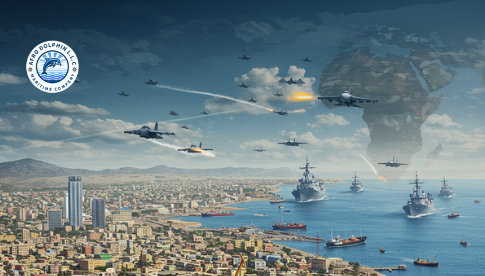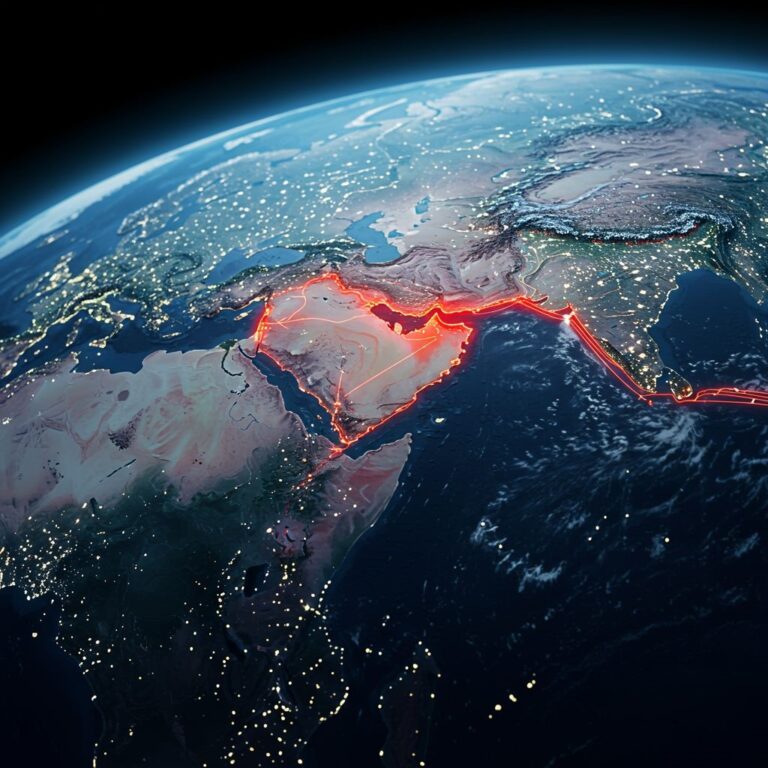Prepared by: Ahmed Faras
Executive Summary;
The ongoing Israel-Iran proxy conflict, particularly Houthi attacks in the Red Sea, has significantly disrupted global shipping lanes critical to African trade.
Key impacts on African maritime operations include:
- Red Sea/Suez Canal Diversions: 30% drop in Suez transits, forcing vessels around the Cape of Good Hope (+10-15 days transit time).
- Cost Surges: Freight rates up 150-200% on Asia-Africa routes; war risk premiums adding $0.5-1M/voyage.
- Port Congestion: Mombasa & Durban volumes up 22%, causing 5-7 day delays.
- Security Risks: Houthi drones/missiles threaten vessels < 20nm from Eritrea/Djibouti.
- Opportunities: Increased demand for African bunkering hubs (South Africa, Mauritius) and regional transshipment.
Afrodolphin must prioritize route diversification, insurance renegotiation, and client advisories on surcharges while exploring route alternatives.
1. Introduction:
Conflict Context & African Maritime Relevance;
The Israel-Iran conflict has escalated through regional proxies, with the Houthi movement (Yemen) targeting commercial vessels near the Bab el-Mandeb Strait. Over 55 attacks on shipping have occurred since November 2023.
For Africa:
- 30% of African imports/exports transit Suez Canal (UNCTAD 2024).
- East African ports handle 70% of Africa-Asia trade.
- Critical African exports at risk: South African minerals, Kenyan tea, Ethiopian textiles.
2. Direct Impacts on African Maritime Trade
A. Routing Disruptions & Delays
Suez Diversions: 12,000+ vessels rerouted via Cape of Good Hope (Jan-May 2025, S&P Global).
- Impact:
- East Africa-Asia voyages: +14 days, +$500k fuel/vessel.
- Europe-South Africa delays: +7 days.
- Port Congestion:
- Mombasa: Container dwell time ↑ 40% (to 8.2 days).
- Durban: Berth delays ↑ to 120 hours (Mar 2025 avg.).
B. Cost Escalation:
| Cost Factor | Pre-Conflict (2023) | Current (2025 | Increase |
| Asia-East Africa Freight | $1,800/FEU | $4,500/FEU | +150% |
| War Risk Premium | 0.01% cargo value | 0.7-1.0% | 70-100x |
| Bunker Fuel (Rotterdam) | $550/MT | $710/MT | +29% |
C. Security & Insurance Challenges
High-Risk Zones: Southern Red Sea, Gulf of Aden (< 20nm from Eritrea/Djibouti coast).
- Insurance Impacts:
Lloyd’s Joint War Committee expanded “high-risk” zone to entire southern Red Sea.
P&I clubs require 7-day notice for Red Sea transits.
D. Regional Trade Imbalances
- East Africa: Severe congestion; Kenyan tea exports down 15% Q1 2025.
- Southern Africa: Cape Town/Saldanha Bay bunkering demand ↑ 300%.
- West Africa: Minimal direct impact; potential for route diversification.
3. Implications for Afrodolphin Operations
A. Chartering & Brokering
- Vessel Shortages: Demand for Cape-sized tankers ↑ 22% (Q1 2025).
- Contract Renegotiations: Force Majeure clauses activated on Red Sea routes.
- Opportunity: Brokerage of fuel-efficient vessels for longer Cape transits.
B. Logistics Research
- Key Focus Areas:
- Optimal Africa-Europe routing avoiding Suez.
- Cost-benefit analysis of West Africa-Asia via Cape vs. transshipment hubs.
- Impact on African food security (30% of East African grain imports disrupted).
4. Strategic Recommendations for Afrodolphin.
A. Operational Mitigation
- Route Diversification:
- Develop “Suez Alternative” partnerships with SA/MA ports.
- Promote Lomé (Togo) as West African transshipment hub for Europe-bound cargo.
- Cost Management:
- Negotiate war risk surcharge caps with carriers.
- Hedge bunker fuel purchases 6 months ahead.
B. Client Advisory Services
- Issue monthly risk bulletins covering:
- Houthi activity hotspots.
- Port congestion forecasts.
- Surcharge transparency frameworks.
C. Research & Development
- Launch Projects:
- Project Phoenix: AI-driven Suez disruption impact modeling.
- Project Safe Anchor: Database of African secure bunkering/anchorages.
D. Long-Term Strategy
- Invest in partnerships with African ports (e.g., Dakar, Richards Bay) for resilience.
- Advocate for AU-led maritime security task forces in Western Indian Ocean.
5. Conclusion
The Israel-Iran conflict has turned African maritime corridors into critical chokepoints. While East Africa faces severe headwinds, strategic pivots to Southern/West African routes offer growth avenues.
Afrodolphin is positioned to lead in conflict-adaptive chartering and logistics research turning disruption into competitive advantage.
Appendix:
Data Sources
1. UNCTAD Review of Maritime Transport 2024
2. S&P Global Commodities at Sea (2025)
3. Lloyds List Intelligence Risk Maps
4. IMF Port Congestion Index (Q1 2025)
5. Afrodolphin Proprietary Freight Rate Database
Prepared for Strategic Action.
For implementation queries, contact: info@afrodolphin.com


